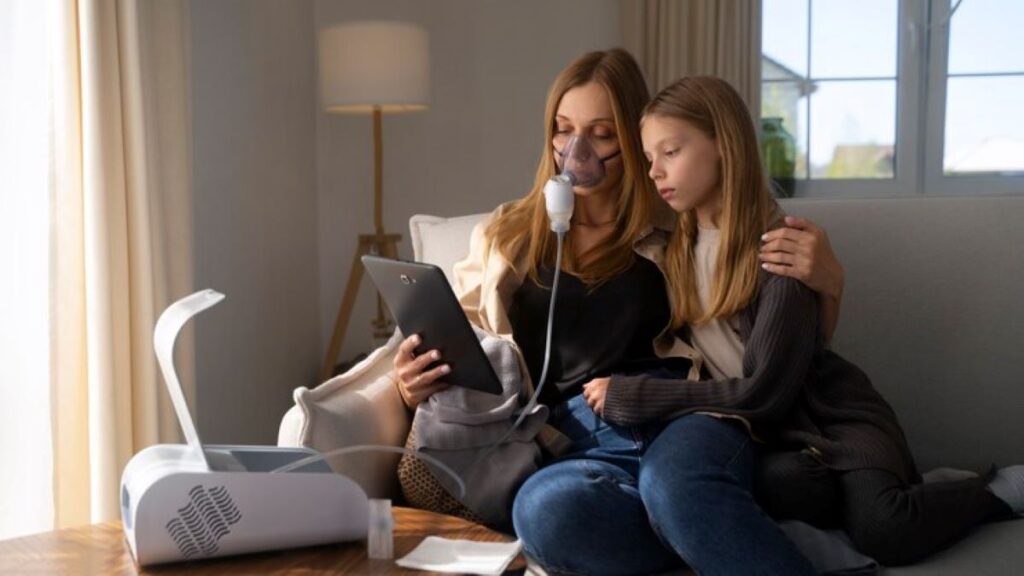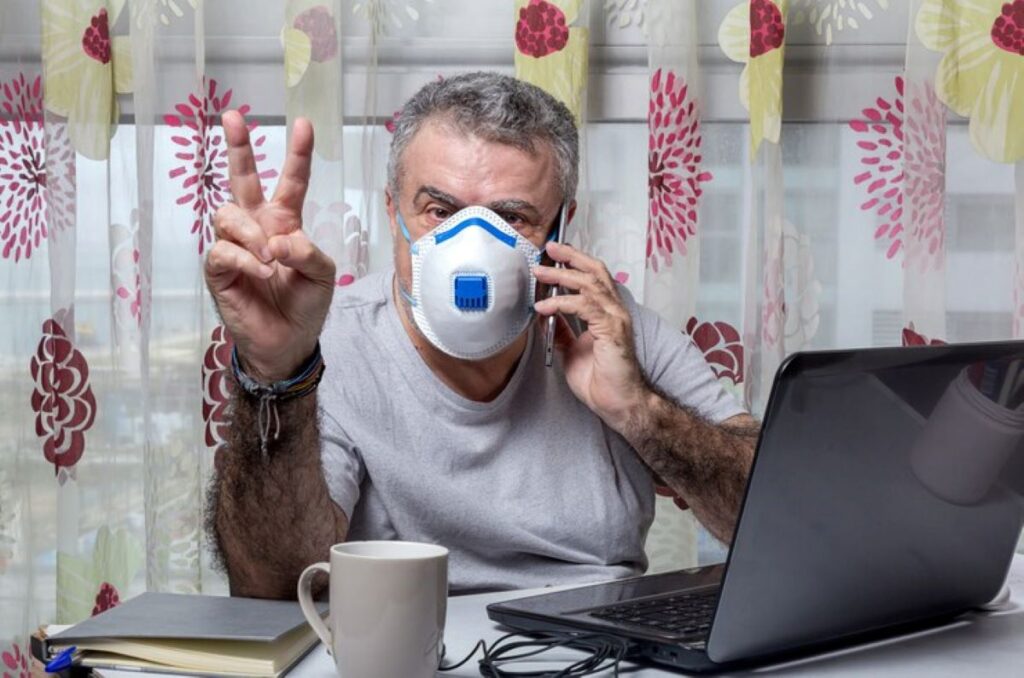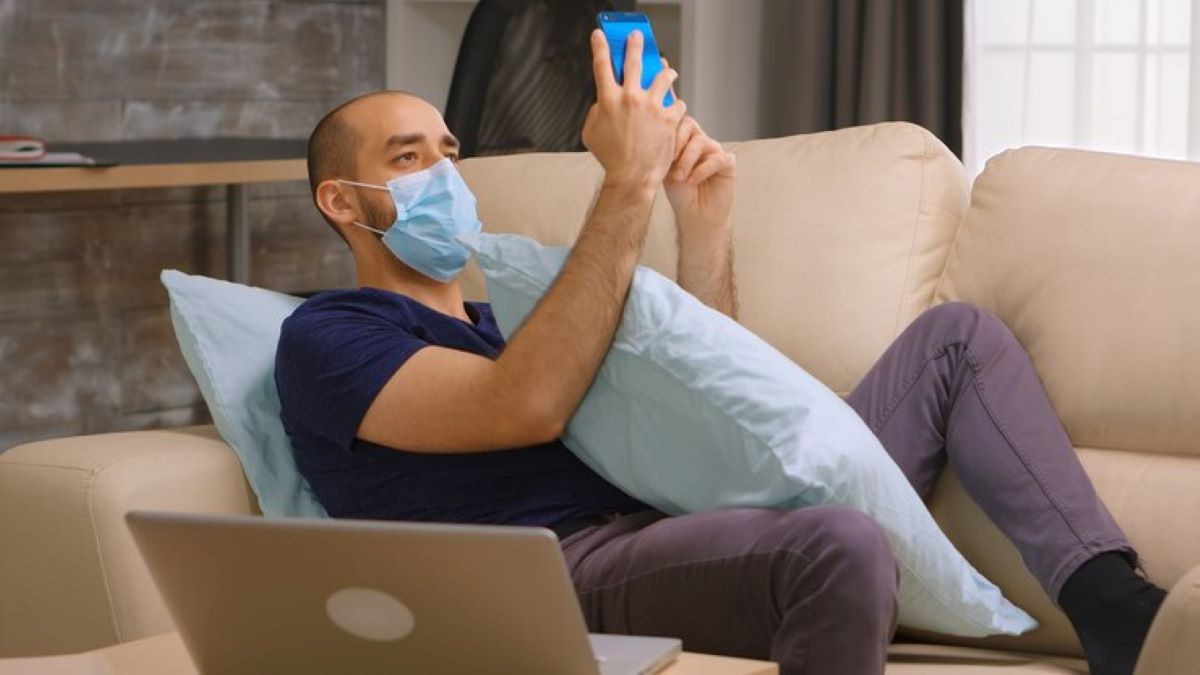What Is Obstructive Sleep Apnea and How Can a CPAP Machine Help?
Obstructive Sleep Apnea (OSA) affects millions of people worldwide, disrupting their sleep and threatening their long-term health. This condition occurs when your throat muscles repeatedly relax during sleep, causing your airway to narrow or close completely. You may experience breathing interruptions lasting 10 seconds or longer, sometimes hundreds of times per night.
The health consequences of untreated OSA extend far beyond feeling tired:
- Cardiovascular risks including high blood pressure, heart disease, and stroke
- Metabolic disorders such as type 2 diabetes
- Cognitive impairment affecting memory, concentration, and decision-making
- Mental health issues including depression and anxiety
- Increased accident risk due to daytime fatigue
CPAP (Continuous Positive Airway Pressure) machines serve as the gold standard for sleep apnea treatment. These devices deliver a steady stream of pressurised air through a mask, keeping your airway open throughout the night. The continuous airflow prevents the tissue collapse that causes breathing interruptions, allowing you to achieve restorative sleep.
This comprehensive guide will help you navigate how to choose the best CPAP machine for your needs. You’ll discover the different types available, essential features to consider, and practical factors that influence your decision. With the right information, you can select a CPAP machine that transforms your sleep quality and protects your health for years to come.
What Are The Different Types Of CPAP Machines Available In The Market?
Understanding the various CPAP machines types available helps you make an informed decision that aligns with your specific sleep therapy requirements. Each type offers distinct advantages depending on your breathing patterns, lifestyle, and comfort preferences.
Standard CPAP Machines
Traditional CPAP machines deliver a continuous, fixed pressure throughout your sleep cycle. You receive the same air pressure level whether you’re inhaling or exhaling, as determined by your sleep specialist during your initial assessment. These devices provide reliable, consistent therapy and typically cost less than their advanced counterparts.
APAP Machines (Auto-Adjusting Positive Airway Pressure)
APAP machines represent a significant advancement in sleep therapy technology. These intelligent devices automatically adjust pressure levels throughout the night based on your real-time breathing patterns. When you experience an apnoea event, the machine increases pressure to open your airway. During stable breathing periods, it reduces pressure for enhanced comfort.
BiPAP Machines (Bilevel Positive Airway Pressure)
BiPAP machines offer dual pressure settings – a higher pressure during inhalation and a lower pressure during exhalation. This breathing pattern feels more natural for many users, particularly those who struggle with exhaling against continuous pressure or have certain cardiac conditions.
Travel CPAP Machines
Travel CPAP devices prioritise portability without compromising therapy effectiveness. These compact machines weigh significantly less than standard units, often featuring battery operation capabilities and streamlined designs perfect for frequent travellers who refuse to compromise their sleep therapy routine.
How Do Pressure Settings Influence Your Choice Of A CPAP Machine?
CPAP pressure settings represent one of the most critical factors you need to consider when selecting your therapy device. The air pressure range typically spans from 4 to 20 cm H2O (centimetres of water pressure), with most users requiring pressures between 6 to 14 cm H2O for effective treatment.
Your prescribed pressure directly correlates with the severity of your sleep apnoea and the specific characteristics of your airway obstruction. A sleep study determines your optimal pressure requirements, which your healthcare provider uses to configure your machine settings. You cannot simply choose any pressure level – your therapy effectiveness depends entirely on matching the correct pressure to your individual medical needs.
Types of CPAP Machines
There are two main types of CPAP machines: fixed-pressure and auto-adjusting.
- Fixed-pressure CPAP machines deliver consistent air pressure throughout the night at your prescribed setting. If your sleep study indicates you need 10 cm H2O, the machine maintains this exact pressure continuously.
- Auto-adjusting CPAP machines work within a prescribed pressure range, automatically increasing or decreasing pressure based on your breathing patterns and airway resistance.
Factors Affecting Pressure Settings
Higher pressure settings become necessary for individuals with:
- Severe obstructive sleep apnoea
- Larger neck circumference
- Nasal congestion or structural abnormalities
- Back sleeping positions
Lower pressure settings typically suit those with mild sleep apnoea or sensitivity to air pressure. Your comfort tolerance also influences pressure selection, as some users experience difficulty exhaling against higher pressures, potentially requiring BiPAP therapy instead of traditional CPAP treatment.
What Comfort Features Should You Look For In A Good Quality CPAP Machine?
Comfort features can make the difference between successful long-term therapy and abandoning treatment altogether. When learning How to Choose the Best CPAP Machine for Your Needs, prioritising comfort ensures you’ll maintain consistent usage throughout the night.

Heated Humidifier and Heated Tubing Benefits
A heated humidifier addresses one of the most common complaints amongst CPAP users: dry mouth and nasal passages. This feature adds moisture to the pressurised air, preventing the uncomfortable dryness that often leads to therapy abandonment. Heated tubing works alongside the humidifier to maintain optimal temperature and humidity levels throughout the entire air delivery system, eliminating condensation that can disrupt your sleep.
The combination of these features creates a more natural breathing experience, reducing morning congestion and throat irritation that many users experience without proper humidification. It’s important to understand the role of CPAP humidification in enhancing your comfort during therapy. Check out more about Best CPAP Masks in 2024 for Comfort and Performance.
Mask Comfort and Fit Considerations
Mask comfort depends heavily on selecting the right style for your breathing patterns and facial structure:
- Nasal pillows: Minimal contact design ideal for active sleepers
- Nasal masks: Cover the nose completely, suitable for higher pressure requirements
- Full-face masks: Cover both nose and mouth, essential for mouth breathers
Proper mask fit prevents air leaks that compromise therapy effectiveness whilst reducing skin irritation and pressure sores. You should consider adjustable headgear, cushion materials, and sizing options when evaluating different models to ensure optimal comfort throughout the night.
Why Does Noise Level Matter When Selecting A CPAP Machine?
The CPAP noise level plays a crucial role in determining your therapy success and sleep quality. Modern quiet CPAP machines typically operate at around 25 decibels, which is comparable to a whisper or gentle rustling leaves. This seemingly quiet operation can still impact your sleep experience and that of your partner.
The sound produced by your CPAP machine affects multiple aspects of your therapy:
- Sleep initiation: Even subtle mechanical sounds can prevent you from falling asleep initially
- Sleep maintenance: Consistent humming or clicking noises may cause frequent awakenings throughout the night
- Partner comfort: Your bed partner’s sleep quality directly influences your own rest and therapy compliance
Different CPAP models produce varying noise levels based on their internal components and design. Older machines often generate more sound due to less refined motor technology, whilst newer models incorporate advanced sound dampening features. You’ll find that machines with integrated humidifiers may produce slightly more noise due to the heating element and water chamber.
When evaluating quiet CPAP machines, consider testing the device during your consultation period. Many suppliers offer trial periods where you can assess the noise level in your actual sleep environment. Pay attention to both the baseline operational sound and any intermittent noises that occur during pressure adjustments or when the humidifier cycles on and off.
It’s important to remember that excessive noise can have detrimental effects on sleep quality, as highlighted in various studies about the relationship between noise and sleep. Therefore, choosing a CPAP machine with an appropriate noise level is essential for ensuring a successful therapy and restful sleep.
How Do Data Tracking And Connectivity Features Enhance Your Experience With A CPAP Machine?
Modern CPAP machines have transformed from simple pressure delivery devices into sophisticated health monitoring systems. CPAP data tracking capabilities allow you to access detailed information about your therapy sessions, including hours of use, mask seal quality, leak rates, and apnoea-hypopnoea index (AHI) readings. This comprehensive data collection helps you understand how effectively your treatment is working night after night.
Wireless connectivity enables seamless data transmission to smartphone apps and cloud-based platforms, eliminating the need for manual SD card transfers. You can review your sleep therapy metrics through user-friendly dashboards that display trends and patterns over weeks or months. Many devices automatically sync with your healthcare provider’s systems, allowing your sleep specialist to monitor your progress remotely and make necessary adjustments to your treatment plan.
Key Data Tracking Features
Key data tracking features include:
- Sleep session duration and consistency metrics
- Mask leak detection and seal quality indicators
- Pressure delivery accuracy and adjustment logs
- AHI scores showing therapy effectiveness
- Usage compliance tracking for insurance requirements
The connectivity features also enable automatic software updates and troubleshooting support. Some advanced models offer integration with popular health apps, allowing you to correlate your CPAP therapy data with other wellness metrics like heart rate variability and overall sleep quality scores.
How Size And Portability Influence Your Choice Of CPAP Machine
Your lifestyle and travel needs have a significant impact on which CPAP machine will be the most suitable for you. Portable CPAP machines have transformed therapy for individuals who refuse to let sleep apnoea treatment limit their ability to move around.
The Difference Between Traditional And Travel CPAP Machines
Traditional CPAP machines usually weigh between 1.5 to 3 kilograms and require a lot of space in your luggage. On the other hand, travel-specific models are much lighter, weighing only 300-500 grams, and can easily fit into your carry-on bag. These smaller devices provide the same therapeutic benefits as traditional machines while offering greater convenience.
Key Advantages of Portable Models
- Designed for Air Travel – Most travel CPAP machines comply with airline regulations and do not count towards your carry-on limit
- Battery Compatibility – Many portable units can be used with external battery packs, making them suitable for camping trips or power outages
- Quick Setup – With simplified controls and fewer parts, setting up in hotel rooms becomes effortless
- Discreet Storage – The smaller size allows for easier placement in bedrooms without taking up too much space on your nightstand
Who Benefits Most From Lightweight Alternatives?
Business travellers and holidaymakers particularly benefit from these lightweight options. You won’t have to compromise on your sleep therapy when visiting family, going to conferences, or exploring new places.
When considering How to Choose the Best CPAP Machine for Your Needs, it’s important to honestly assess how often you travel. If you’re away from home more than once a month, investing in a portable CPAP machine becomes essential rather than optional. The peace of mind knowing that your therapy will continue uninterrupted, no matter where you are, is invaluable for maintaining consistent treatment results.

How Can You Navigate Insurance Coverage And Cost Considerations When Buying A CPAP Machine?
CPAP cost represents a significant investment in your health, with machines typically ranging from £400 to £800 depending on features and brand. Basic CPAP models sit at the lower end of this spectrum, while advanced APAP and BiPAP machines command higher prices due to their sophisticated pressure adjustment capabilities.
Understanding Insurance Coverage
Insurance coverage varies considerably across different providers and policies. Many private health insurance plans classify CPAP machines as durable medical equipment (DME), potentially covering 70-80% of the purchase price after you meet your deductible. You’ll need:
- A formal sleep study diagnosis
- Prescription from a registered sleep specialist
- Pre-authorisation from your insurance provider
- Documentation of medical necessity
Medicare typically covers CPAP machines under Part B, requiring a 13-month rental period before ownership transfers to you. The process involves meeting specific compliance requirements, including using your machine for at least 4 hours per night for 70% of nights during the first 90 days.
Exploring Payment Options
Some manufacturers offer payment plans or lease-to-own programmes, making therapy more accessible if upfront costs present challenges. Air Liquide Healthcare, with their extensive network of 152 diagnostic and therapy service locations across Australia, often works directly with insurance providers to streamline the approval process and reduce your out-of-pocket expenses.
Getting Quotes for Better Comparison
Consider requesting detailed quotes from multiple suppliers to compare not just machine prices, but also ongoing costs for masks, filters, and maintenance supplies.
Why Is Professional Guidance Crucial In Making The Right Choice Of A CPAP Machine?
Healthcare provider input forms the foundation of selecting the most appropriate CPAP machine for your specific condition. Your sleep specialist or respiratory therapist possesses the clinical expertise to interpret your sleep study results and match them with the right device specifications.
Sleep apnea severity varies significantly between patients, and your healthcare provider can determine whether you need:
- Fixed-pressure CPAP for consistent, straightforward therapy
- Auto-adjusting APAP for variable pressure needs throughout the night
- BiPAP therapy for complex breathing patterns or pressure intolerance
Your medical team understands the nuances of pressure titration, ensuring your prescribed settings align with your anatomical requirements and breathing patterns. They can also identify potential complications or contraindications that might influence your machine selection.
Professional guidance extends beyond device selection. Your healthcare provider can:
- Recommend compatible mask styles based on your facial structure
- Adjust humidity and temperature settings for optimal comfort
- Monitor your therapy data to fine-tune treatment parameters
- Address side effects or compliance issues promptly
Companies like Air Liquide Healthcare work closely with sleep specialists across their 152 service locations, providing ongoing support to ensure your CPAP therapy remains effective. This collaborative approach between you, your healthcare provider, and your equipment supplier creates the best foundation for successful long-term treatment.
Remember, How to Choose the Best CPAP Machine for Your Needs ultimately depends on professional medical assessment rather than personal preference alone.
